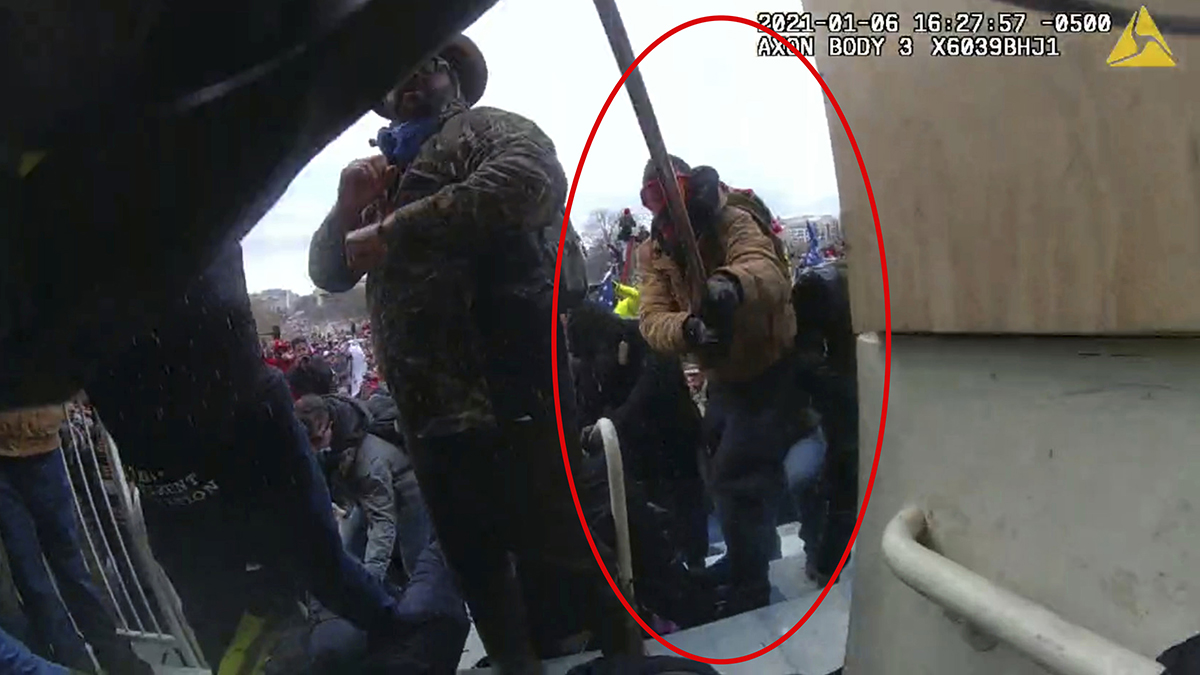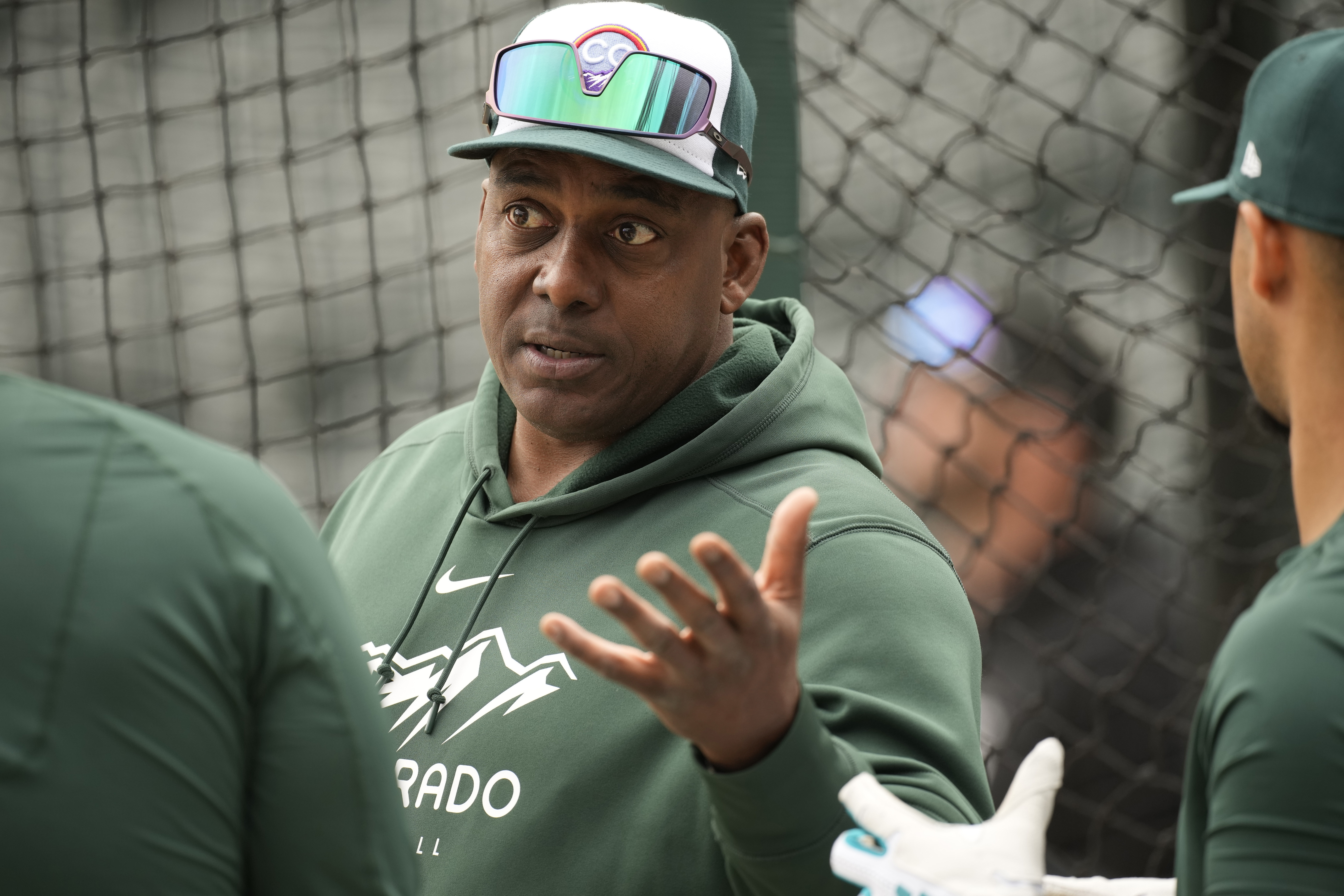“The last time I was on TV, ‘wired’ meant a gram and a bottle of Jack Daniels,” says Robin Williams in one of those offhand, rapid-fire one-liners he specializes in, leaving you just a moment to get it before he moves to the next topic.
That signature lightspeed delivery and brilliant comedic cross-references dazzled television audiences nearly 40 years ago when the standup comic, improv artist and Julliard-trained actor became a nearly overnight superstar on the “Happy Days” spinoff “Mork & Mindy" and served him well through a long a varied career in film.
Throughout his colorful, sometimes controversial personal life which included multiple marriages, drug and alcohol abuse, rehab and heart surgery, Williams headlined top-grossing comedies like “Aladdin,” “Mrs. Doubtfire” and “The Birdcage.” There were touching dramas such as “Awakenings," his Oscar-winning turn in “Good Will Hunting,” and specialized projects somewhere in between like “Good Morning Vietnam,” “Dead Poets Society” and “The Fisher King.”
It’s that middle ground of comedy and pathos that Williams hopes to mine as he returns to television with “The Crazy Ones,’ a half-hour comedy that casts him as a brilliantly inventive ad man whose career seems at its zenith unless it can be salvaged by his more practical minded daughter – the project cannily teams him with dramedy-definer David E. Kelley (“Ally McBeal,” “Boston Legal”) and co-star Sarah Michelle Gellar, who trod a similar line on “Buffy the Vampire Slayer.”
Williams says that while he’s tamed his lifestyle excesses over the years, his creative process going into the new series remains the same: “It’s the idea of getting a stimulus and seeing how far you can go with it, pushing your mind and seeing what you can wrap around it in a new way,” he says. “That’s what’ll be exciting about this. Where do you go and how do you find it? With David, that’s why I signed on, because it was him: he knows characters. If it was just the idea and ‘Be funny,’ well, good luck.”
His particular brand of hyperdriven hilarity seemingly happening in the moment is the stuff of comedy legend and talk show gold, but while he’s been encouraged to make “The Crazy Ones” material his own, he wants to manage the manic-ness. “It has to be appropriate,” he says. “You try something, you go for it, and even in failing you might find interesting stuff. In an ad agency, you find some weird ideas and try them in the creative process. That’s what will be fun, if it works. You’re really improvising – good and bad, both of them.”
Kelley says that when real-life ad agency icon John Montgomery suggested the notion of a series set in the contemporary world of advertising, he felt the timing was off but “I couldn't get it out of my mind. I kept going back to it. Finally, I took a stab at writing it. Once the script was written and it was about this iconic, crazy advertising genius and his relationship with his daughter, we said, "Okay – who best to play all of these parts?" because there were certainly many different muscles to flex within this role.”
When Kelley’s casting director suggested Williams, he says, “we all nodded and said ‘Yeah, right, but get real.’ But we made a phone call just the same. Robin and I met, he responded to the material, and suddenly the whole project took flight. I think we connected over who the character was not just with his comedic sensibilities, but his personal flaws and his professional insecurities.”
“Once Robin was on board, I knew I'd be a fool to try and lasso him inside of my script,” adds Kelley. “It was daunting because it feels like I'd been handed the keys to a car that I was ill-equipped to drive.” Scenes would be shot just as Kelley had written them, and then Williams – and the other actors – would have the chance to improvise within them. “What you have in the end is the architecture of the script – mainly the script, but you've got ad libs and the spontaneity and the joy of those moments on top of it.”
“My own stamp is to basically bring some of my life,” says Williams, “because this character's had a really interesting life, complete with ex‑wives and rehab and all of that – and the idea of him trying to be relevant in an age of social media. He's an old ad guy, a guy who's about ideas and his whole thing is about, leap and that will appear. And Sarah's very screwed up, going 'Dad, I don't know if this is going to make it.' I'm like, 'We've got to keep trying.' And the idea of creating stuff: that's what they do.”
“It's a love story – a very appropriate love story between a father and a daughter,” says Gellar, who has the unenviable task of remaining deadpan opposite a comic force of nature. “I don't know if Robin makes me a better parent or being a parent makes me a better actor opposite Robin, because it's kind of the same thing, which is I have to keep a straight face. It's sort of like when my 3‑year‑old says something really inappropriate and it's really funny but I can't laugh.”
Williams admits that he treasures the memories from “Mork & Mindy,” his first sitcom experience (even though “I was there, but I wasn’t that present, literally,” he says. “I joke about it, but I was pretty out of it”). “Back then it was just pure joy,” he remembers. “It was open-field running because it was, like I said, only three networks, and we had no pilot, so anything was available. They got to the point where they had to hire a censor who spoke Yiddish and Spanish because of the references I was making.
“The last year was the best, because Jonathan was on,” he says, reveling in the form-form freedom he experienced working with his hero Jonathan Winters, who passed away earlier this year and whom Williams recently paid tribute to at the Emmys ceremony. “Sometimes he would do riffs that were going on so long, all three cameras would run out of film. They'd say, 'Reload – the big guy's at it again!’ It was insane. We had so much fun but we went out swinging because people either loved that or hated it. 'Why does he have a big kid?' ‘I don't know, and I don't care.’ But it was fun.”
U.S. & World
Williams says he’s enjoying the opportunities to test all his skills, light and dark, be it on the road in standup, independent movies (“They’re more like co-dependent movies: you have to go out and work your ass off, and then you have to sell them”) and perhaps more studio films (“I wasn’t getting them – there are very few ‘Older Superhero’ movies right now, but I’m into playing a villain if I can”). He’s operating off a simple premise: he’s a trouper. “As long as I can still perform, that's important for me.”



